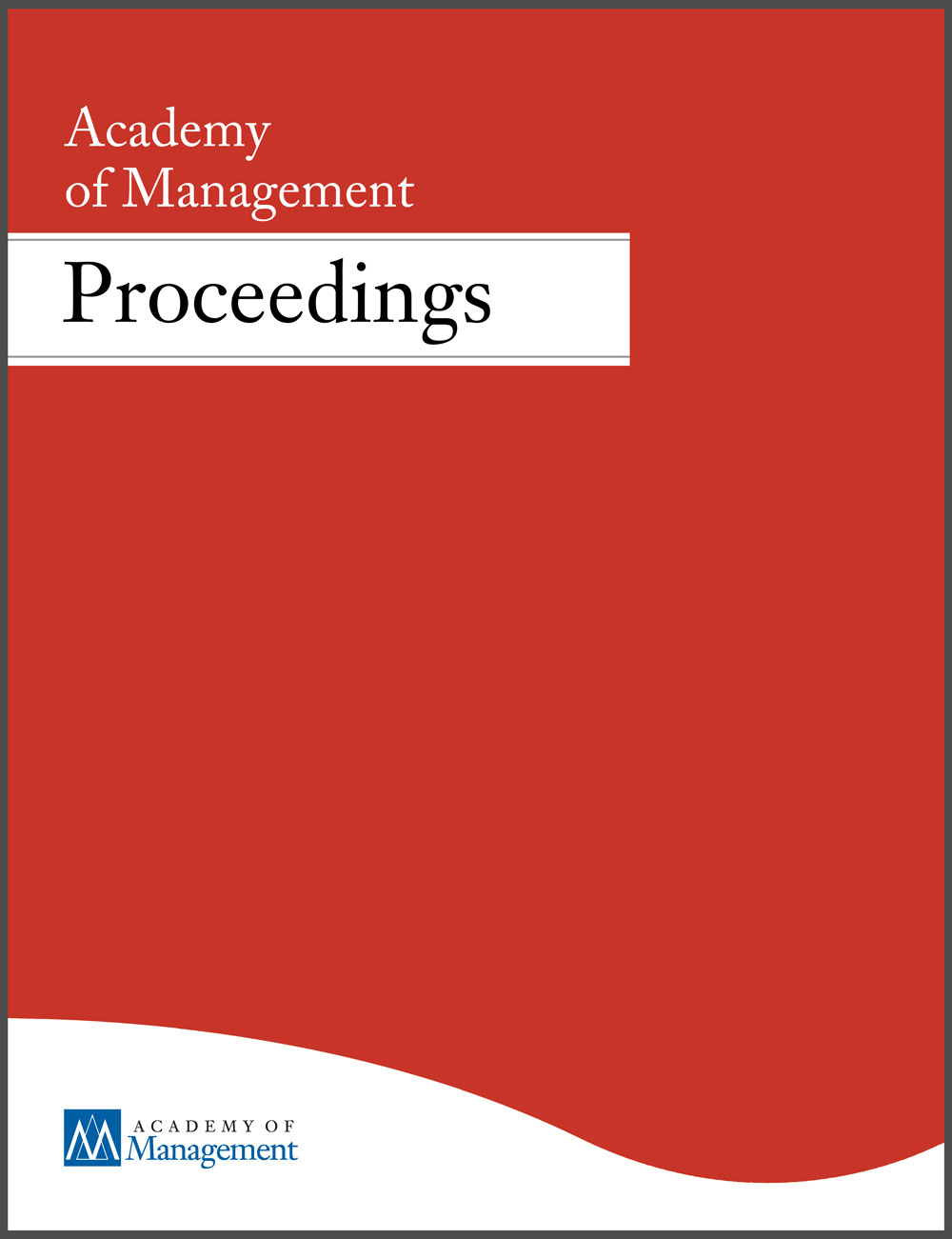We have all worked with them - colleagues who get ahead by taking credit for another person’s work or who take our ideas and present them as their own. For anyone on the receiving end of this behavior, it can feel as though a theft has occurred. As with a theft of physical goods, a theft of ideas can elicit highly negative reactions and behaviors. However, despite widespread acknowledgement that people have their ideas and work efforts stolen, this phenomenon is yet to be studied empirically. We explore the concept of knowledge theft – the deliberate act of claiming unjustified ownership of the work contributions of another – and propose that the central and defining features for those who experience knowledge theft are loss of knowledge and the loss of acknowledgement or recognition for that knowledge that would have otherwise been received if not claimed by another. We then present four studies establishing the validity and reliability of a measure of knowledge theft, differentiating it from other deviant workplace behaviors, and demonstrating the incremental validity of knowledge theft in predicting relationships with a variety of negative work-related outcomes. Additionally, we find that the relationship between knowledge theft and negative workplace outcomes is exacerbated when the degree of loss perceived by targets is greater. Our research lays the foundation for further study of knowledge theft from the perspective of targets who lose out on the recognition for their ideas and efforts and from perpetrators who steal ideas and recognition from others.
Publication Type
- Article



